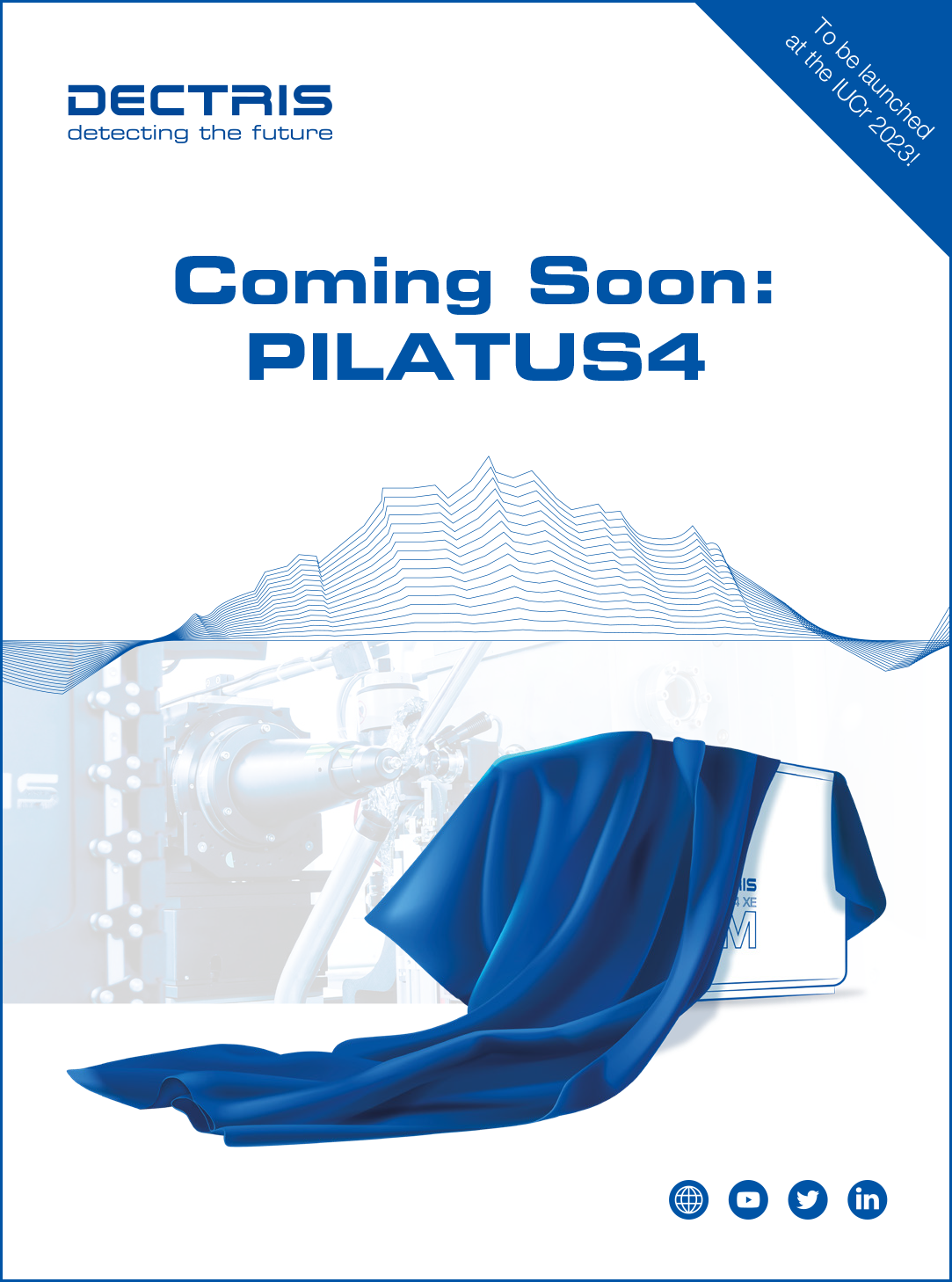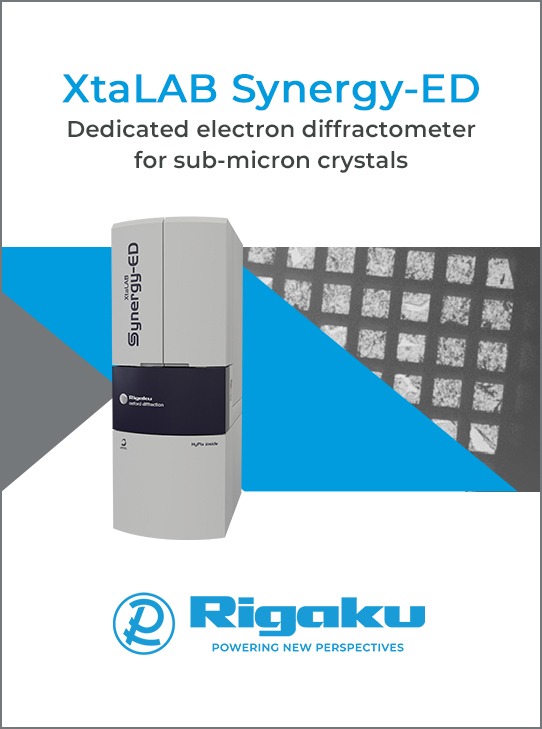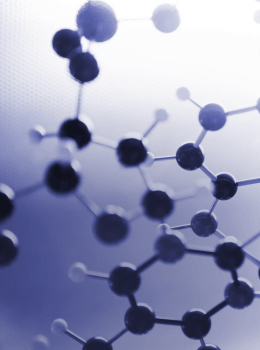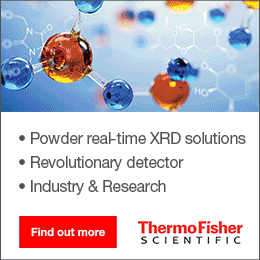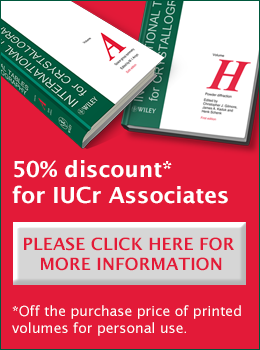


Meeting report (IUCr supported)
58th Course of the International School of Crystallography – Structural Drug Design 2023: Biology, Chemistry and Computers
![Thumbnail [Thumbnail]](https://www.iucr.org/__data/assets/image/0004/156955/Photo3.jpeg)
Group photo.
The Course, the 58th edition of the International School of Crystallography, was held at the Ettore Majorana Foundation and Centre for Scientific Culture from 2 to 10 June 2023. The Centre is situated in the old pre-mediaeval city of Erice, Italy, where four restored monasteries provide an ideal setting for scientific and professional exchanges. The event was initially scheduled for 2020 but postponed because of the COVID-19 pandemic.
The number of participants was limited to 83; in addition there were 28 lecturers and workshop presenters, and the organizers of the conference. The participants, from 23 countries, were largely from university (PhD students, postdoctoral and young researchers), with some industry participants. IUCr funds were used to support the attendance of three female and four male young scientists, from Belgium, the Czech Republic, Greece, Mexico, Norway, Poland and South Africa.
The schedule for a typical day included a morning session with four 45-minute lectures, followed by a lunch break. The afternoon session included different workshops/tutorials.
The aim of the organizers was to provide the students with an overview of the current structural and biophysical techniques and informatic tools used in the field and their applications in different areas. The program was subdivided by topic, each day covering a particular theme: introduction to the general techniques (crystallography, cryo-EM, machine learning), biophysics and binding (computing and measuring binding affinity, conformational and allosteric landscapes), informatics (machine learning, docking, FEP, molecular dynamics), small-molecule chemistry (compound design, compound optimization, crystal structure prediction), biologics (rational design, and developability) and case studies describing the many steps in the process of drug discovery, from initial library screening to back-up studies. After each lecture, some time was set aside for discussion.
Nine workshops were offered to the participants in the afternoons, providing hands-on experience in a diverse set of techniques necessary in drug discovery from ligand fitting into electron density maps, to cryo-EM data processing, to in silico drug discovery and optimization using different software to biologics design. Each workshop was repeated at least twice, to give the participants more opportunity to attend.
Two poster sessions were held in the evening, giving the young participants a chance to showcase their work and discuss with the lecturers and more senior participants. Sixty-six posters were presented in total, half in each session. Each poster session was preceded by a poster preview session (at lunchtime), to increase the time for poster viewing and informal discussions.
During the last afternoon, two talks, one describing the trials and tribulations of starting a new company and one offering a vision of where structural biology and drug discovery could be in 10 years, provided ground for a final discussion.
The lecturers and workshop organizers were a mix of individuals from pharmaceutical companies and academia, all with a very high level of expertise and that represented the different branches of science required to meet the diverse challenges of drug design.
Awards and participant feedback
Sixty-six abstracts were submitted for poster presentation, among these, ten were selected for a short oral presentation (12 minutes + 3 minutes question time).
During the closing ceremony, several awards were presented. For the posters, the first place was assigned to Zuzanna Kozicka (University of Basel, Switzerland), the second place to Francesca Vallese (Columbia University, New York, NY, USA) and the third to Dennis Peter Stegmann (Swiss Light Source, Villigen PSI, Switzerland).
![[Fig. 2]](https://www.iucr.org/__data/assets/image/0006/156957/Fig.-2.png)
The Lodovico Prize (acknowledging the most active student inside and outside the lecture hall) was given to Kristýna Adámková (Institute of Biotechnology of the Czech Academy of Sciences, Prague, Czech Republic).
![[Fig. 1]](https://www.iucr.org/__data/assets/image/0005/156956/Fig.-1.png)
At the end of the Course, participants were asked to participate in a survey to judge and comment on the quality of the Course. Their responses indicate that a similar meeting should be held at least in 3–4 years’ time and that the course had been successful in most of its objectives (score 85/100).
Special event
During the course a special Icebreaker event was organized to further promote socialization and interaction outside the lecture and workshop halls. Eight groups were formed (each including a lecturer) and given the objective of identifying one aspect of the Course they most enjoyed, and then presenting the outcome in a 5-minute presentation at the end of the last day. The presentations were very creative and extremely entertaining and provided a nice introduction to the Course final remarks.
Copyright © - All Rights Reserved - International Union of Crystallography


